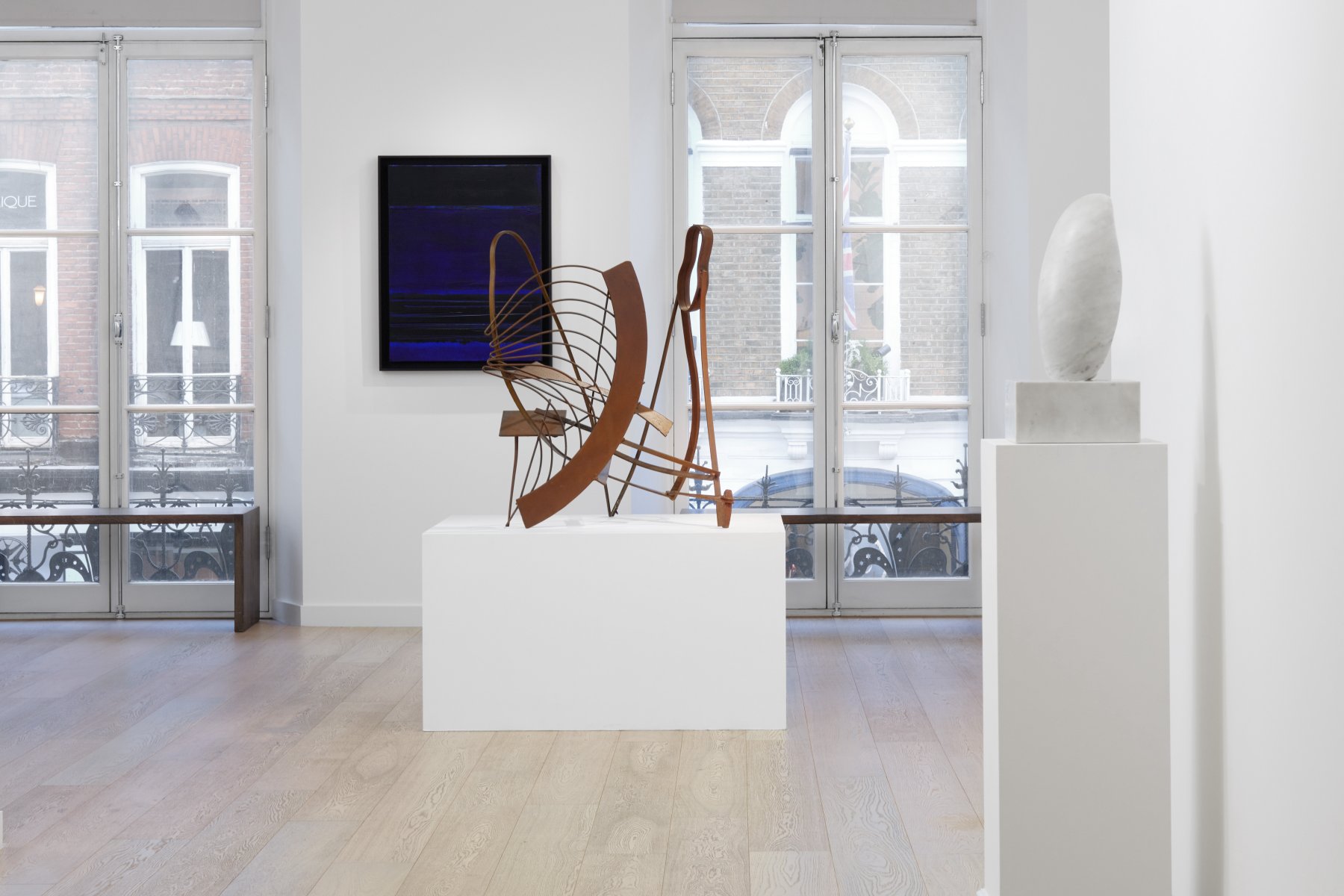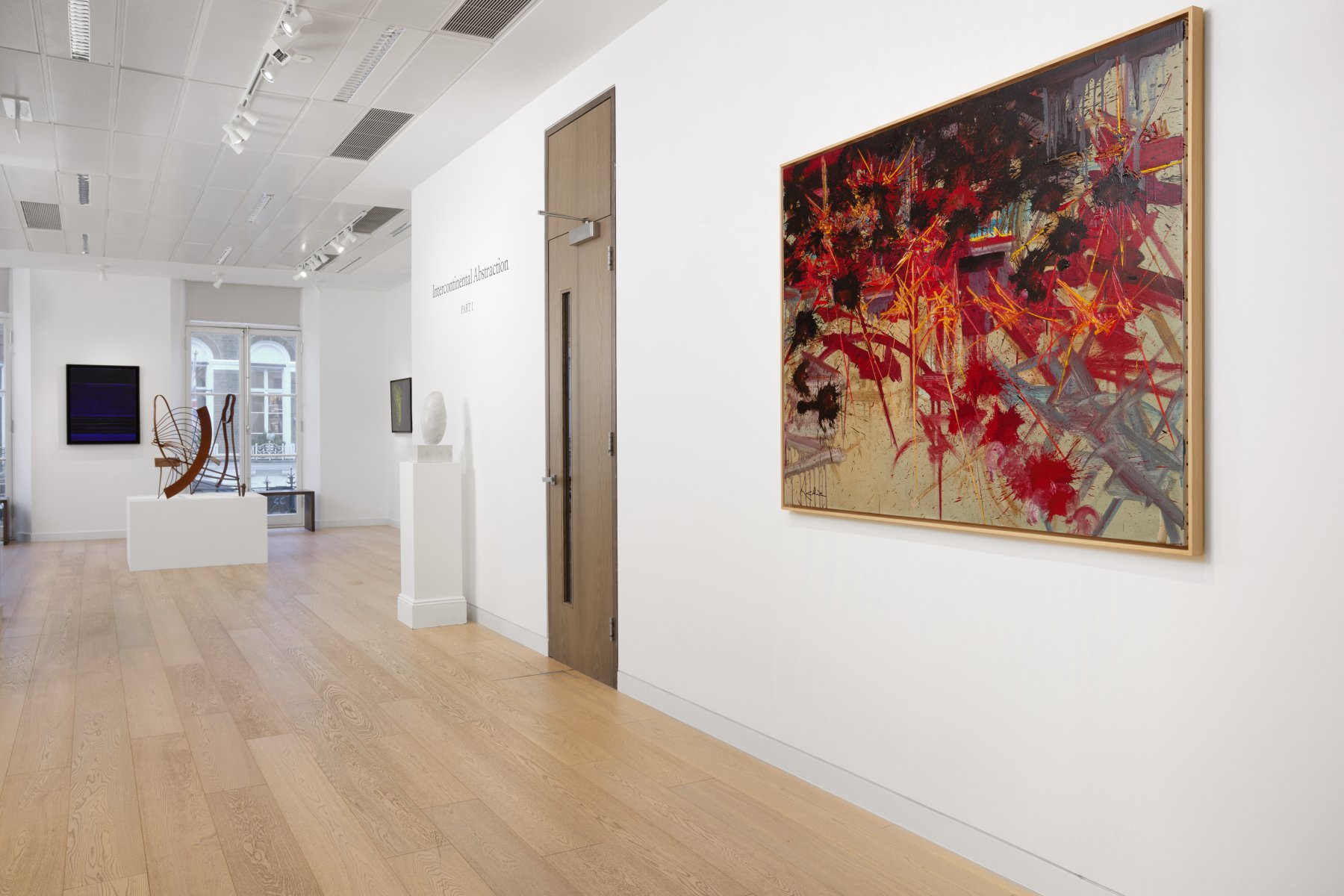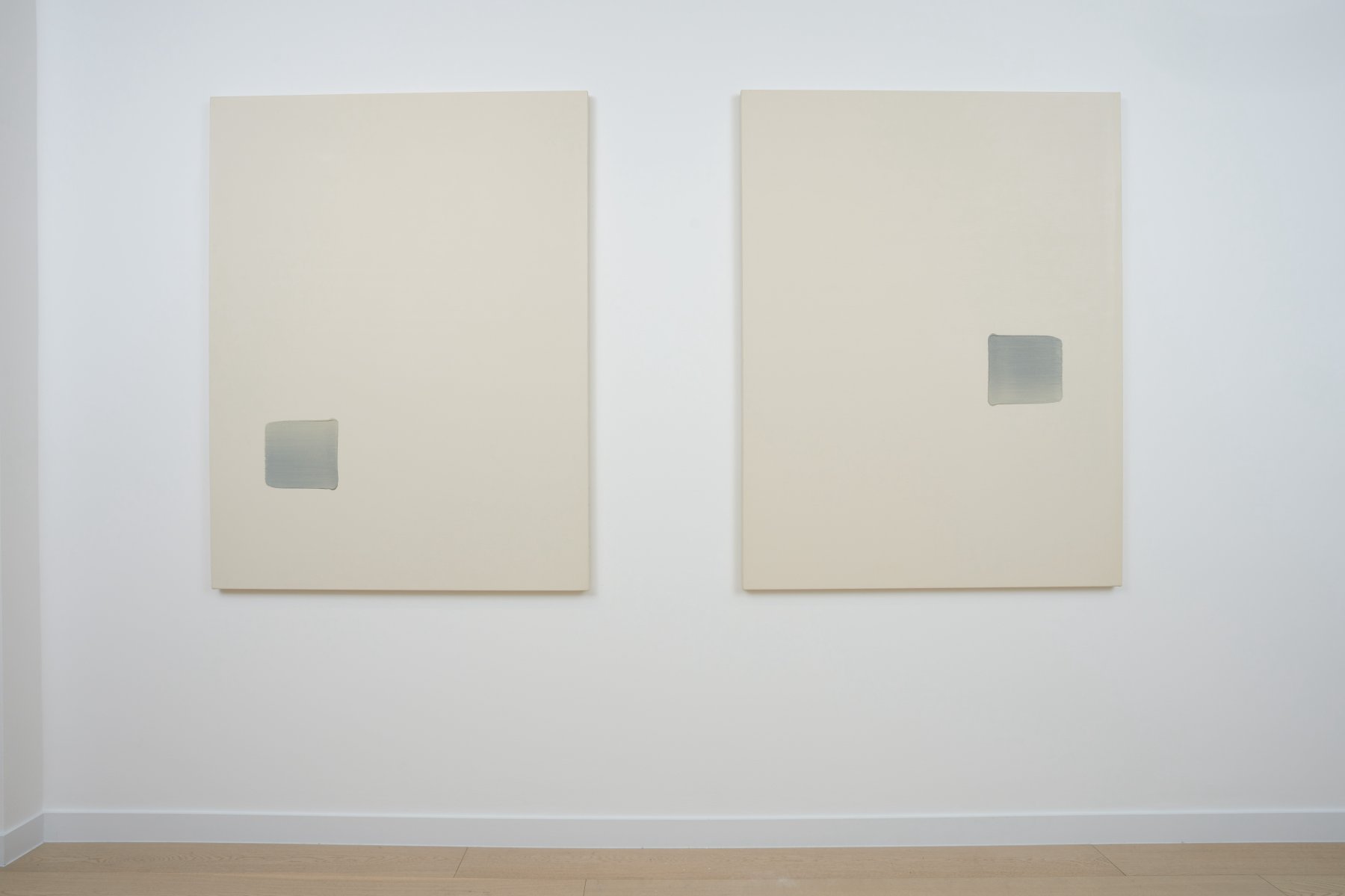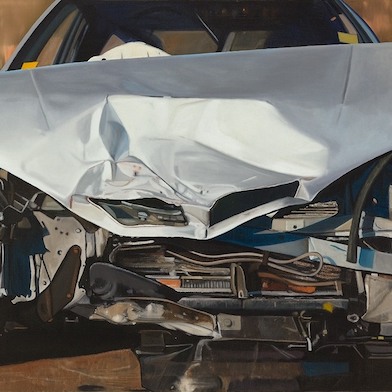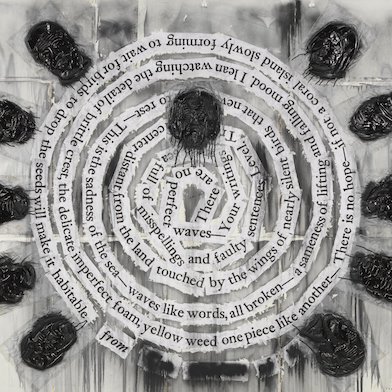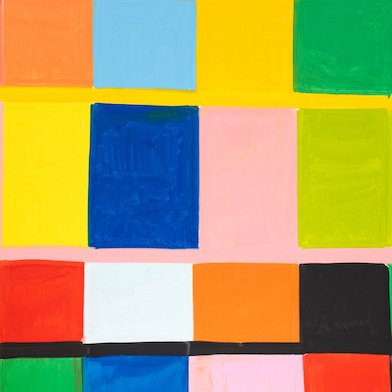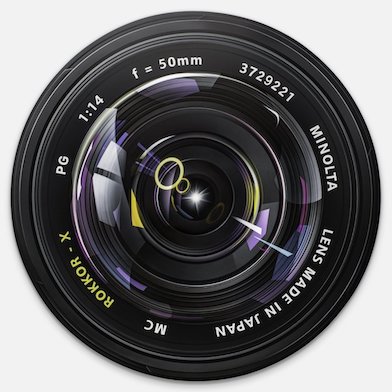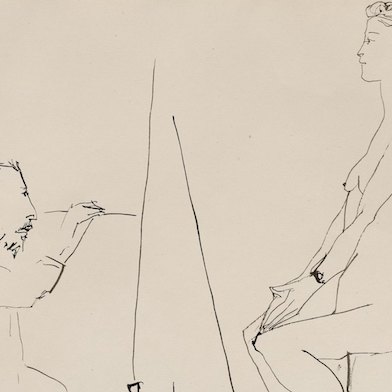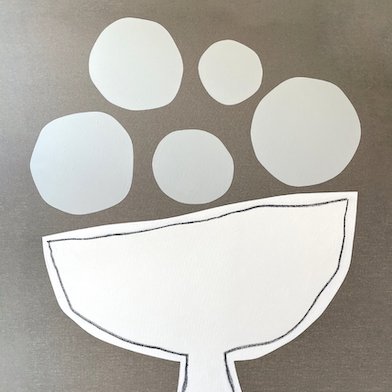
Open: Mon-Fri 10am-6pm
Visit
Intercontinental Abstraction: Part 1
Omer Tiroche Gallery, London
Wed 11 Oct 2023 to Fri 22 Dec 2023
21 Conduit Street, W1S 2XP Intercontinental Abstraction: Part 1
Mon-Fri 10am-6pm
Artists: Hans Arp - Anthony Caro - Lucio Fontana - Adrian Ghenie - Hans Hartung - Abdoulaye Konaté - Georges Mathieu - Joan Mitchell - Pierre Soulages - Warlimpirrnga Tjapaltjarri - Lee Ufan - Zao Wou-Ki
Omer Tiroche Gallery presents Intercontinental Abstraction: Part 1. Bringing together works by a kaleidoscope of international artists, this is the first instalment of a two-part exhibition that celebrates the legacy of abstraction, spanning almost 75 years and across 5 continents. Featured artworks by artists such as, Abdoulaye Konaté, Georges Mathieu, Joan Mitchell, and Zao Wou-Ki, illustrate the far-reaching impact abstraction has had on art around world.
From the Renaissance until the mid-19th century, Western art was rooted in the principles of perspective, but the onset of the Industrial Revolution and the significant advancements in science and technology caused a drastic redirection for the Arts. Shifting economic and political dynamics allowed artists greater creative freedom, and as the 20th century progressed, abstraction gained traction as society grappled with the horrors of war and the darker aspects of human nature. Artists pushed to create a new art for the new world, leaving figuration behind.
One such artist, Georges Mathieu, founded Lyrical Abstraction, a movement that emerged in Europe in the mid-20th century as a response to the upheaval and destruction caused by World War II. Rejecting pre-War styles such as Cubism and Surrealism, the movement was characterised by spontaneous, rapid execution, and the relentless pursuit of process and personal expression, as seen in Mathieu’s 1990 painting, Désaveu Intemporel.
Jean Arp sought to translate the principles of abstraction into three-dimensional space. Carved from marble, the sensuous, sweeping curves of Arp’s 1941 La Feuille toes the line between familiarity and ambiguity. Whilst the title translates to ‘The Leaf,” abstraction allowed Arp to push beyond mere representation.
The influence of the movement during the 20th century transcended geographical and cultural boundaries. Although pure abstraction is considered to have originated in the West, abstract tendencies in the East and beyond can be traced back to earlier periods. The cross-pollination between the East and West can be seen in Zao Wou-Ki’s 18.10.76. Frenzied markings, reminiscent of tree branches or mountain ranges found in medieval Song Dynasty landscape paintings, hover over a luminous colour field of yellows, blues, and greens, fusing traditional Chinese ink painting techniques with Western influences. Similarly, Malian artist Abdoulaye Konaté utilises the West African tradition of using textiles as a means of communication, creating vibrant, large-scale abstract tableaus that explore global socio-political and environmental issues.
Emerging as a response to a world in constant flux, abstraction provided artists with a universal language that captured the complexities of the modern era. It marked a major turning point in history, leaving behind a legacy of creative expression that continues to resonate today.


